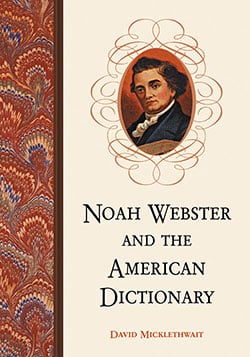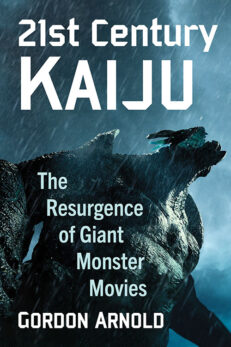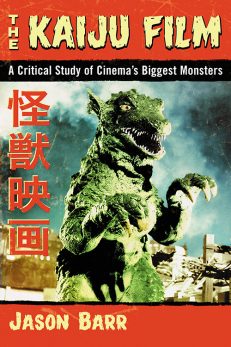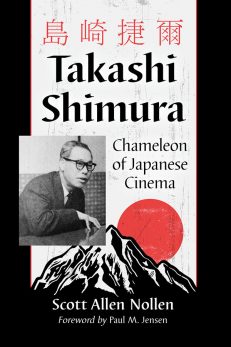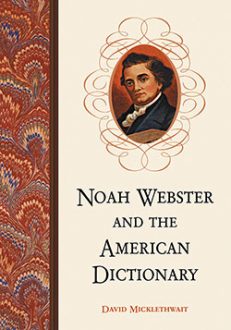Noah Webster and the American Dictionary
$39.95
In stock
About the Book
Noah Webster was described by the publisher of a competing dictionary as “a vain … plodding Yankee, who aspired to be a second Johnson”—a criticism that rings mostly true. He was certainly vain and, born in Connecticut, undeniably a Yankee. Moreover, though he referred to Johnson’s Dictionary of the English Language as a “barren desart of philology,” the American lexicographer relied heavily on the book during the creation of his own American Dictionary, going so far as to filch whole sections. And few would seem more “plodding” than Webster, who was positively obsessed with collecting and preserving bits of information. He kept records of the weather, carefully logged the number of houses in every new town he passed through, filed away every scrap of his writing and everything written about him, and filled the margins of his books with references, dates and corrections.
The proud Yankee’s sensibilities, however, also made him a fine lexicographer. Generally credited with distinguishing American spelling and usage from British, Webster shunned prescriptive mores and was doggedly loyal to his own language habits, as well as to those of the average American speaker.
The book covers Webster’s major publications and the influences and methods that shaped them; recounts his life as schoolteacher, copyright law champion, and itinerant lecturer; and examines the Webster legacy. An appendix containing title page reproductions from Webster’s books, as well as some from his predecessors and competitors, is also included.
About the Author(s)
Bibliographic Details
David Micklethwait
Format: softcover (7 x 10)
Pages: 358
Bibliographic Info: photos, facsimiles, appendix, notes, index
Copyright Date: 2005 [2000]
pISBN: 978-0-7864-2157-2
Imprint: McFarland
Table of Contents
Preface 1
Introduction 9
1. School Teacher and Student of Law, 1778–1782 19
2. Two Earlier Spelling Books 23
3. The Development of the English Dictionary, 1604–1783 33
4. Webster’s Grammatical Institute, Part I 54
5. “Origin of the Copy-right Laws in the United States” 74
6. Webster in Hartford, 1783–1785 81
7. Itinerant Lecturer and Spelling Reformer 93
8. Webster in Phildaelphia, and in Love, 1787 105
9. Webster in New York, 1788 115
10. Brother James’ Beneficiary, 1789–1798 124
11. Webster in New Haven, 1798–1807 130
12. Webster Moves to Amherst 155
13. An American Dictionary of the English Language, 1828 171
14. Two More Dictionaries and Another Spelling Book, 1829 199
15. Webster in Washington, 1830–31 211
16. Cobb v. Webster; Webster v. Worcester, 1829–1835 222
17. William Goes West, 1835–1839 234
18. Webster’s Last Years, 1839–1843 246
19. Executors, Heirs, and Renewers 256
20. Ogilvie’s Imperial Dictionary, 1850 272
21. A Gross Literary Fraud Exposed, 1853–1854 279
22. Thomas Heber Orr and the Process of Primitive Wordgrowth 286
23. Webster’s Pictorial Edition and Worcester’s Dictionary of the English Language, 1859–1860 290
24. The Right to Use the Name “Webster” 299
Notes 309
Appendix 315
Index 347
Book Reviews & Awards
“a fascinating trip, recommended”—Choice; “explores in detail the processes of deciding spelling, pronunciation, and the meanings of words as well as providing a fascinating look at one of the most influential Americans of his time”—Booklist.

